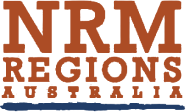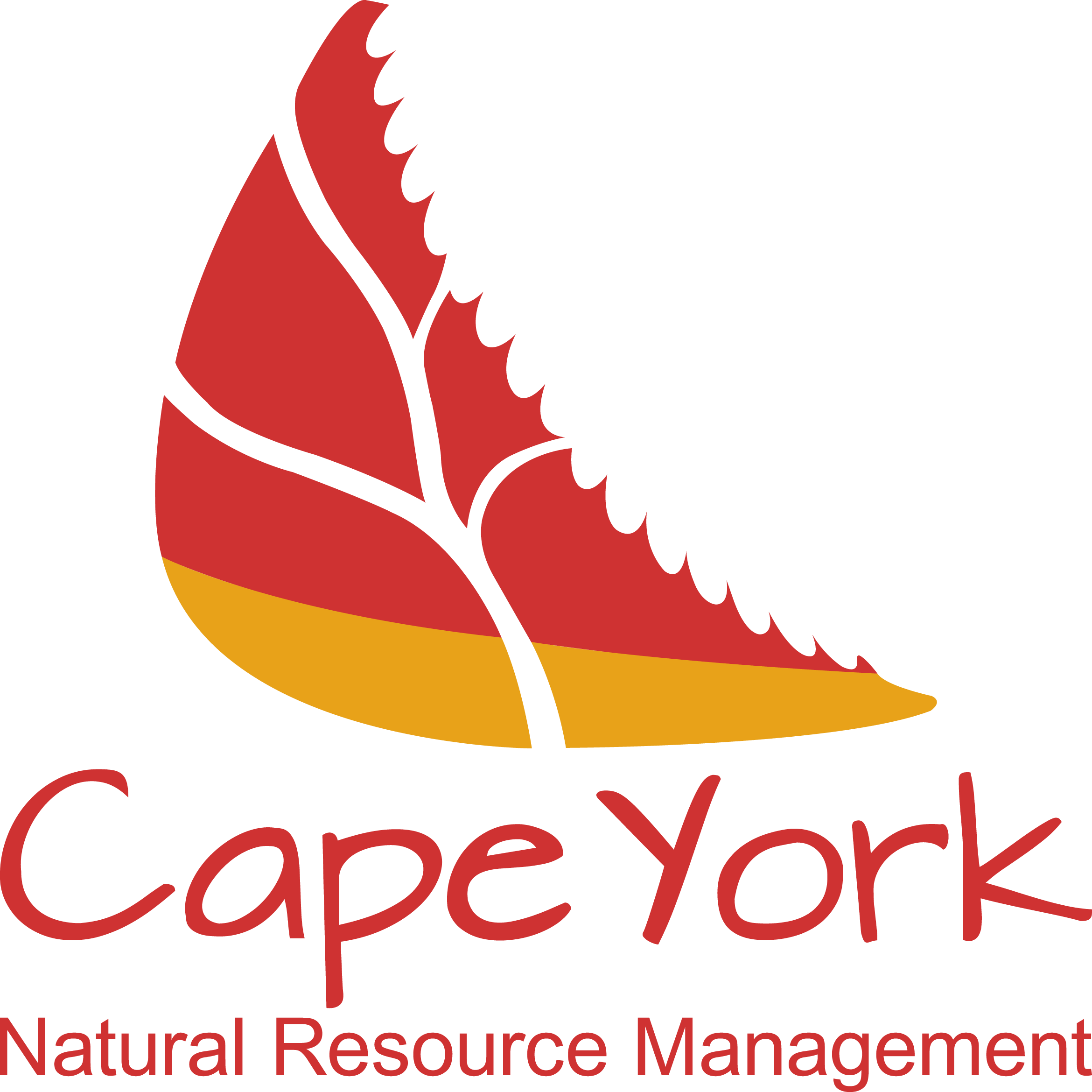Cape York NRM made a deliberate decision to avoid trying to replace the project developer and to instead focus on supporting landholders to explore their options. To do this, they coordinated a meeting with the impacted landholders and arranged for a range of relevant professionals and experts to be available to them in a safe, closed environment. This included inviting legal advisors and a specialist carbon farming advisor, and connecting them to the Clean Energy Regulator to have their questions answered.
The meeting was held in a private, safe space without any other parties with financial interests present. This meant landholders could discuss their concerns and issues openly, and seek advice in a pressure-free environment.
Many carbon farming projects are negotiated with strict privacy arrangements. Feedback to regional NRM organisations from landholders has suggested this lack of transparency in such a new market limits landholders negotiating power. Bringing the landholders together, without any parties with vested interests, offered landholders the opportunity to discuss financial and other arrangements openly, increasing their understanding of contractual and financial arrangements in carbon farming projects and offering them an opportunity to realise their collective bargaining power. The increased involvement by Cape York NRM in the carbon farming projects is also anticipated to lead to the achievement of additional environmental and social co-benefits- as local, trusted and knowledgeable advisors, Cape York were able to offer advice on maximising these benefits.
An additional benefit of this process, was that Cape York NRM also improved their own relationships with the Clean Energy Regulator and the state government, as well as their overall understanding of the role regional NRMs can play in carbon farming projects.


















